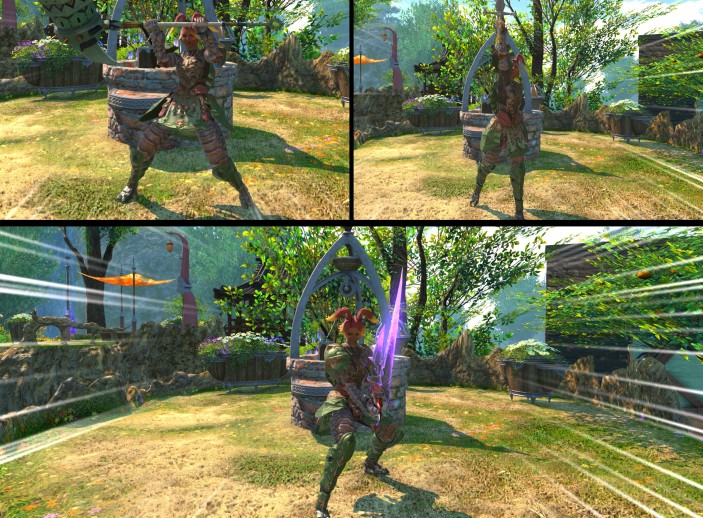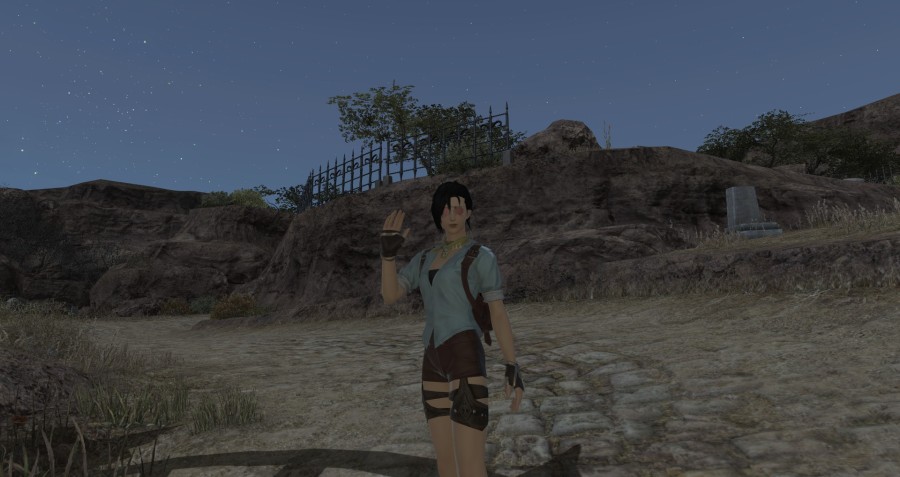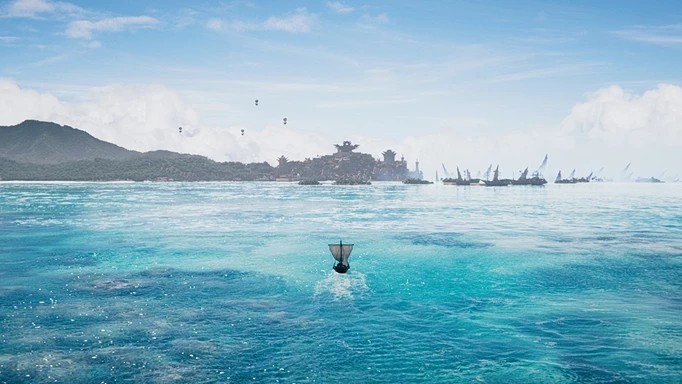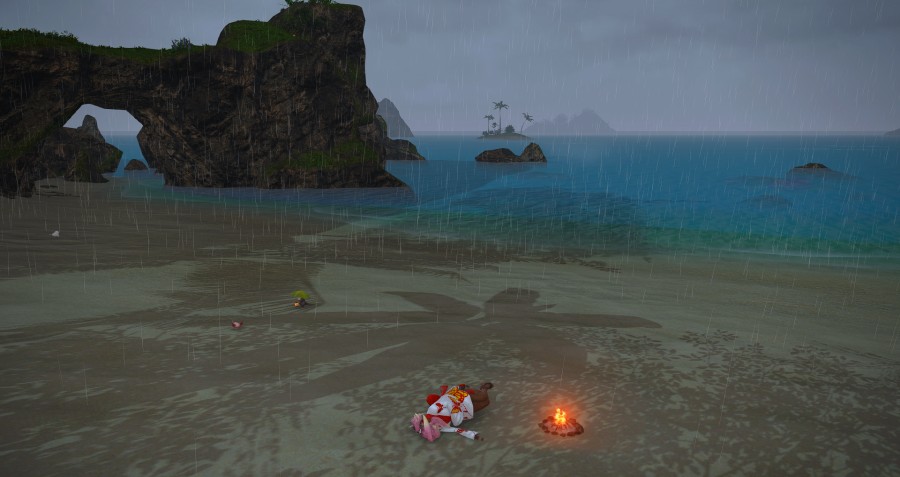Beaches come in a variety of flavors. While many might think of something sandy or tropical, beaches can also be rocky or even frozen. Still, they all share something in common: They’re the strips of land meeting the sea, ocean, and even lakes, in some cases.
Even when exclusively considering a sandy beach, there are variations. While similar, no two are the same. And yet, despite so many potential styles of beach, we recognize each as what it is. The individual parts that make one up all tie into creating something we can identify as a beach.
What happens, though, when a sandy beach is adjacent to a desert? How do we determine where the beach ends and the desert begins? Is it distance that acts as the determining factor? Perhaps vegetation and animal life are the deciders. While few would argue that a desert is a beach, there is a point between the two where it can be difficult to differentiate them.
It’s at this point that the blur takes hold. In such a place, it is a simple matter of choosing a direction and taking some steps in order to reach a destination. But in life, as we change our own identities, things can be a little more difficult to discern.
For the adventure-loving among you, what makes a Tank? We should all be familiar with the basics of the role, whether we take it on or not. A Tank is a member of a party that has the sacred duty of gripping the ire of whatever enemy or enemies a group may encounter as they quest. Each performs their tasks in their own way.
To better know how each is unique, I tried out the different fighting styles of each known type.
As a Warrior, to start, I make sure I am in the correct Tanking Stance. Then, I like to hurl my weapon at an enemy, and as it and its cohorts take notice, I rush by, swiping at the group, getting them to follow me. I then either attack all of them at once or use singular attacks cycling through each, depending on how involved I want to feel.
Once I have charged up some special moves, I might use them to do some extra damage, or I’ll save them for later.

When it comes to Paladin, first, I make sure I am in the proper Tanking Stance. Afterward, when a group of enemies comes into range, I’ll throw my weapon at one. As they all bunch to strike, I spin around, grabbing the attention of all of them. Once all are focused on me, depending on how I’m feeling, I will either continue to perform attacks that hit the swarm, or sometimes I change targets, attacking each individually in turns.
As this goes on, I can feel myself ready to perform special moves, and while I might use them immediately, I also sometimes save them for more important sections.
Switch over to Dark Knight, and after ensuring I am in the Tanking Stance, I will fire a magical projectile at a potential target enemy and…
Wait. These are all basically the same, are they not? Obviously, they’re not EXACTLY the same. The special moves vary, partly due to the different weapons used by each. For example, a shield bash is something that is exclusive to a Paladin, as is the sword and shield they use.
And yet, if you really analyze each, the differences appear to be little more than cosmetic. Each serves the same purpose of get hit and keep it that way. While special moves might take getting used to in each class, they’re not SO different that it would take long to compensate, and the basic movesets are almost completely identical.
They all share the distinction of being classified as Tanks, and yet aside from some select moves and a different weapon, they lack any unique identity. Considering as a whole they even use the same armor, it’s hard to say that any one of them has a real advantage over another in any given situation.
This is a problem that is creeping into most jobs in the adventuring community. As time goes on, it becomes less and less important to plan ahead. Rather than considering a complimentary team for a situation, adventurers are quick to rush in with whoever happens to be around.
This is not necessarily a bad thing. In fact, there are positive points to it. Less time looking for a specific type of job means more time to focus on getting a mission done. A broader net also means that those who favor one job type over another are not excluded from joining any one team. But while the shift to a more inclusive experience is beneficial, it also takes away some chance for an interesting encounter.
Imagine, if you will, planning an infiltration in which, yes, brute force is one mode of entry, but such a method will trigger defenses that impede progress and make things more difficult. Would it not make sense to compose a team made of those who could specialize in bypassing these defenses?
Even if both options are viable, the potential for choice creates an entirely new dynamic. Often, that is what’s lost when we strip away identity bit by bit. Why bother bringing a caster who can manipulate water if aetherial fire shields can simply be hacked to pieces? When everything shifts to a more homogenous blend, it becomes easier to be able to turn your brain off and go through a trial like an automaton.
Success is fine, but the feeling of overcoming a challenge can be far more rewarding, even if there are barriers to overcome.
Changes that focus on expanding the accessibility of something are understandable. It can be nice to reach a wider audience. As a performer, I know that it would be great to find a genre or song that appeals to everyone.
And yet, in some ways, an increase in inclusivity can actually become exclusionary. Generally speaking, people can get behind certain genres of music. Something light and fun can be a great way to get people listening, and while not everyone will LOVE it, enough will be satisfied that it’s possible to gather a fairly large crowd. Still, there will be others who dislike it. They prefer another genre, perhaps.

In a hypothetical situation, say you were in a very aggressive metal band and you develop a small but dedicated following. They come to every show, sing your praises, and you cannot help but feel their warmth every time you take the stage.
But then something changes. The band decides to take a different approach. A softer rock style. Still similar, but decidedly more mass appeal. Of those who stuck with you so long, some may be accepting, even encouraging, but others will feel alienated. You get more crowds, sure, but they are not as passionate as the ones you’ve left behind.
Is the success worth the decrease in dedication?
There is something to be said for changing an identity. Shaking things up can be a great thing, as sticking to one thing for long enough will eventually lead to stagnation. However, it’s just as important to be mindful of what is being altered.
A difference here or there does not necessarily mean that a beach is suddenly a mountain, but take away enough parts and eventually, it becomes hard to see it as a beach any longer. Variety is said to be the spice of life. If all the spices are generally the same, most can enjoy them on a surface level, but it is harder to fall in love with any one over another.
So perhaps the way to be truly inclusive is for enough distinct spices to exist that everyone can feel passionate about something. Identity is important, and we should not shed ours that we can pursue the passing fancy of those who would not usually care about us. Be who you are and be proud of it. You will find your place in the world, and even if it is small, it will be overflowing with love.







